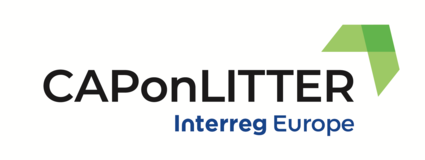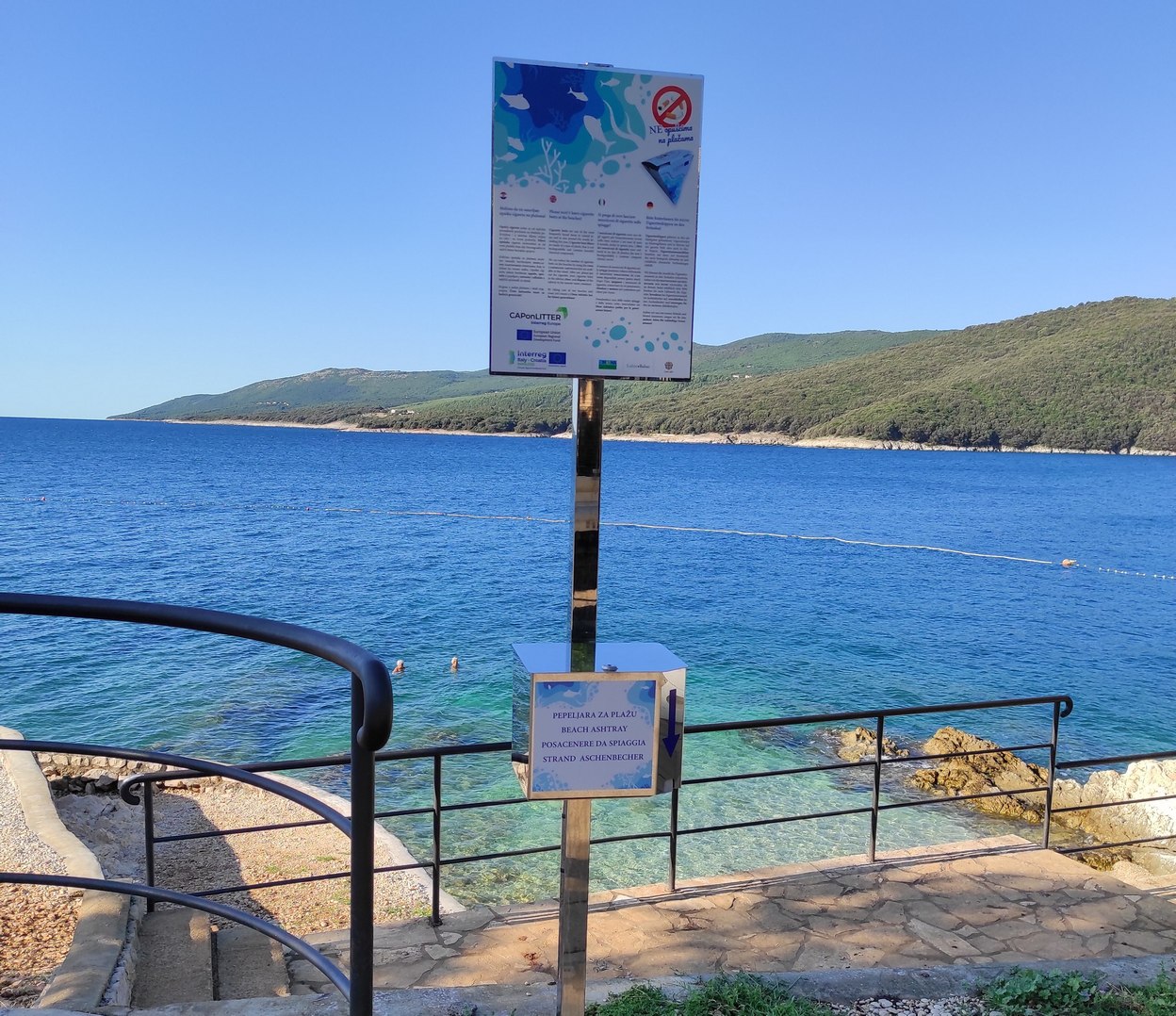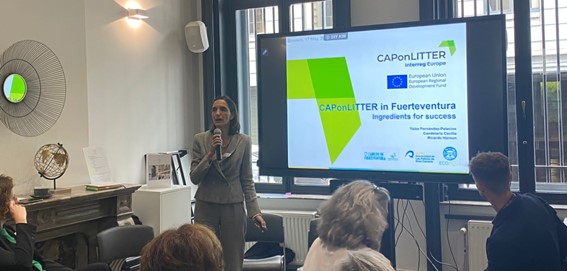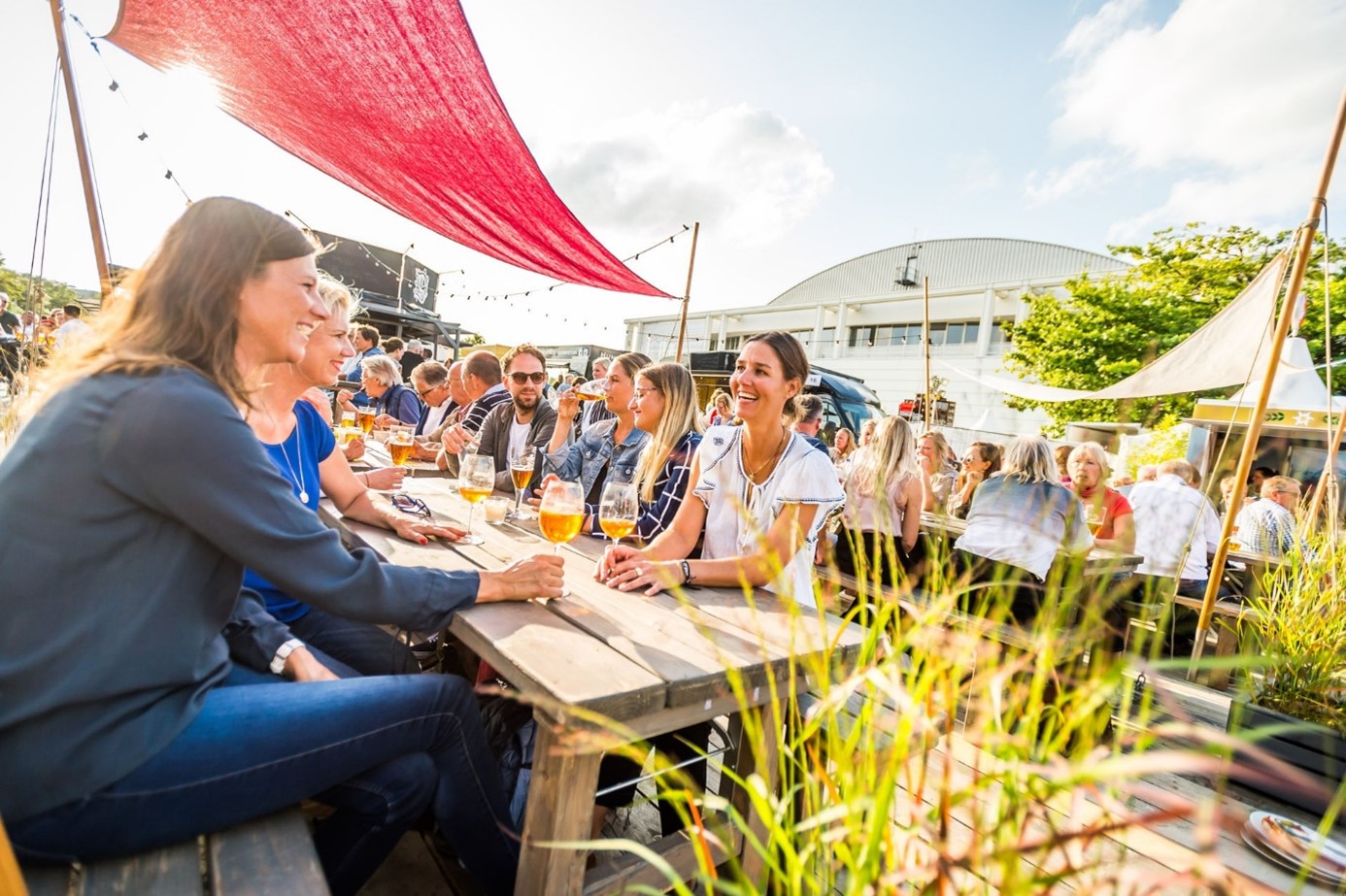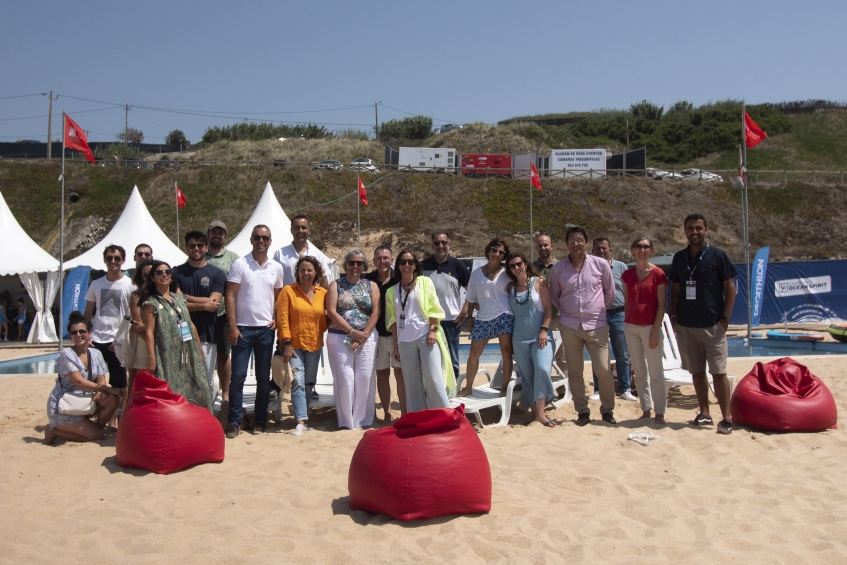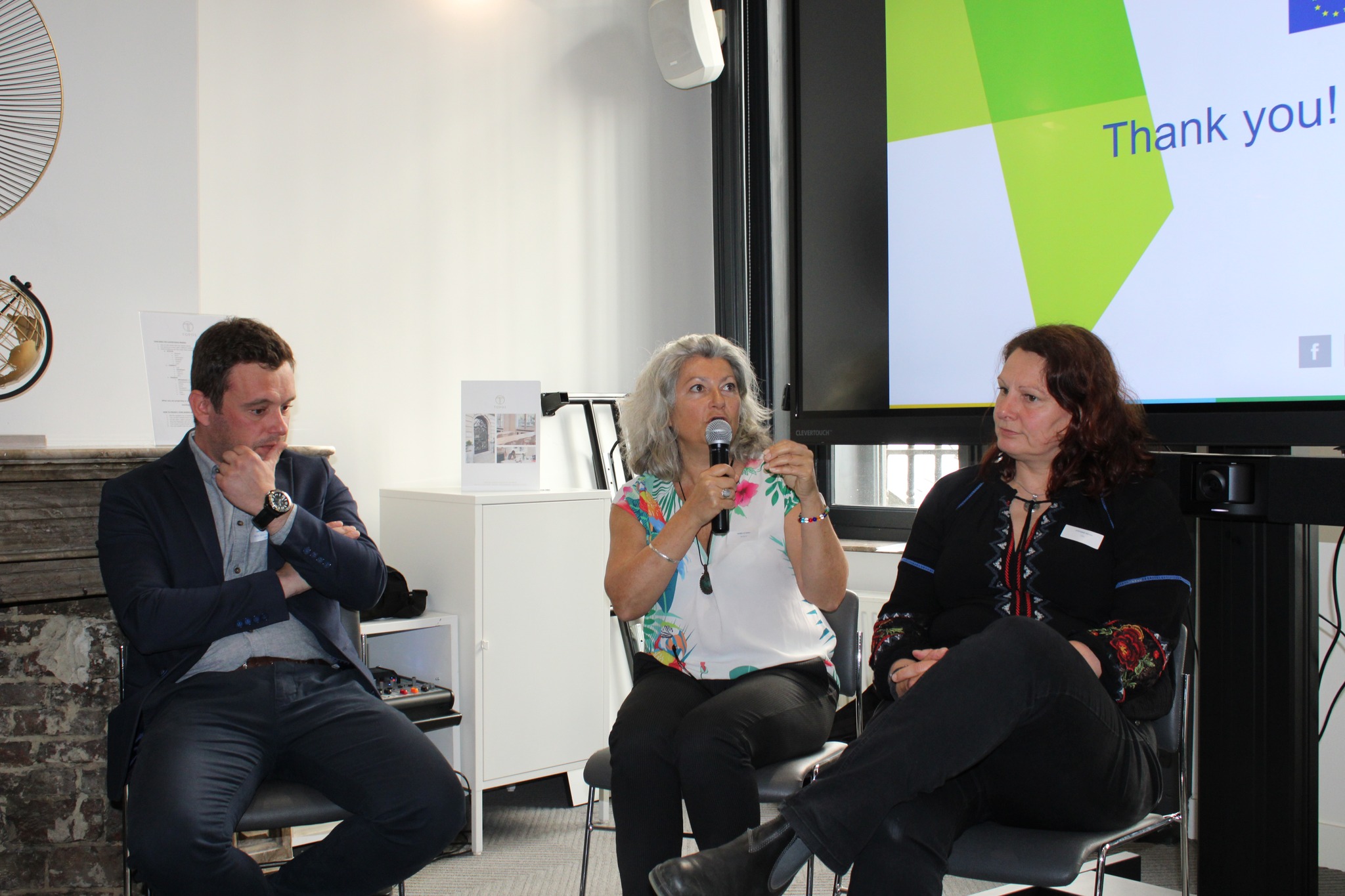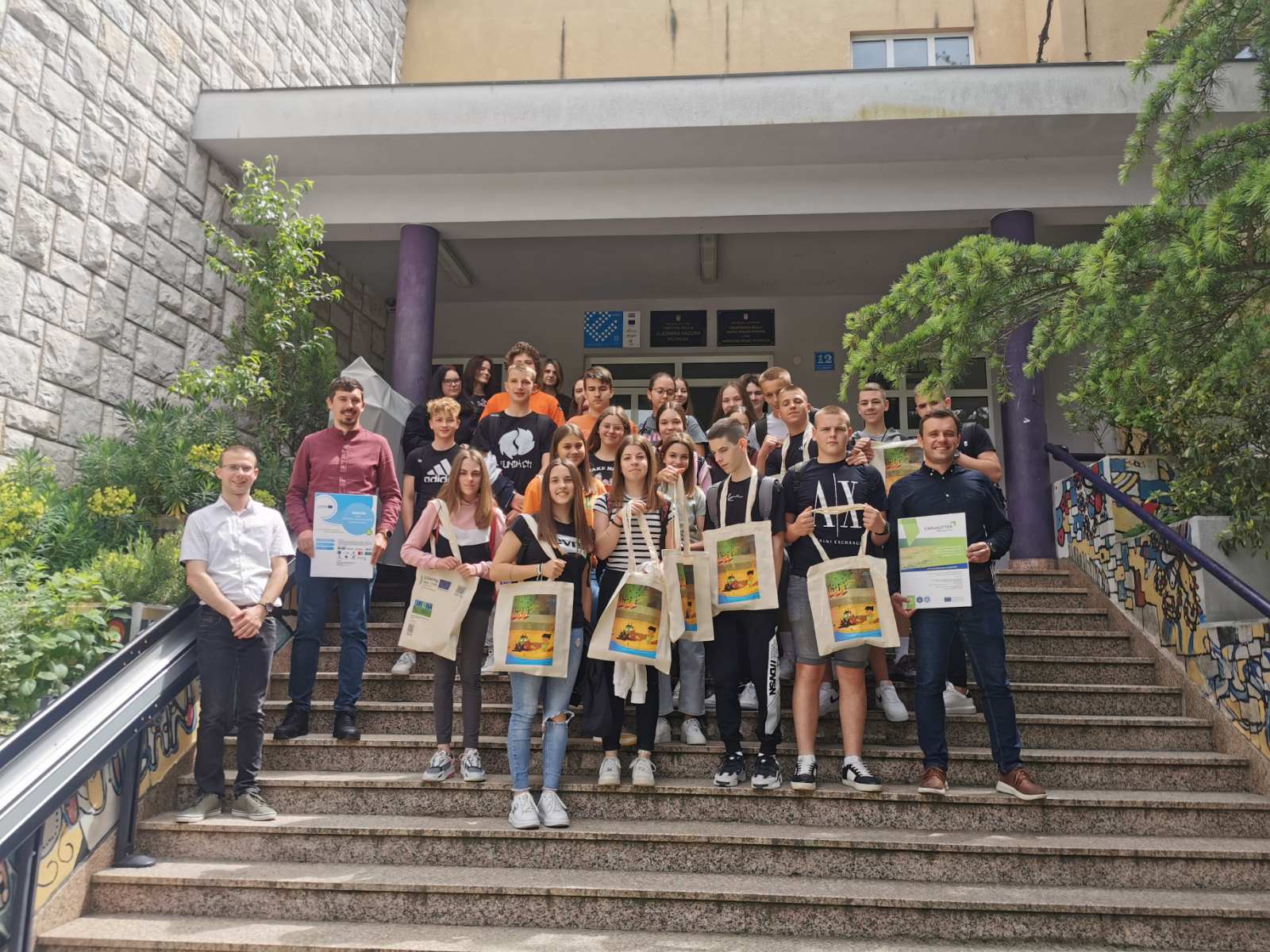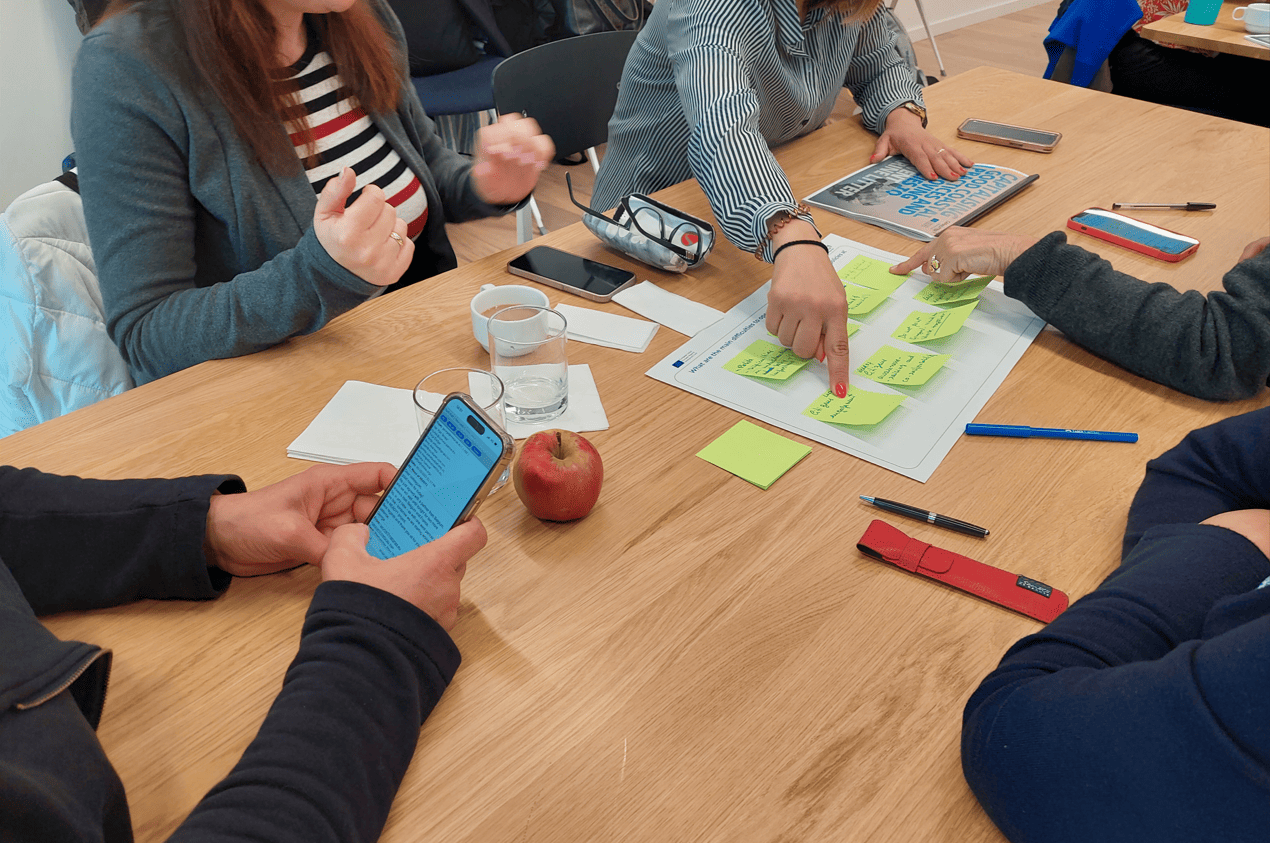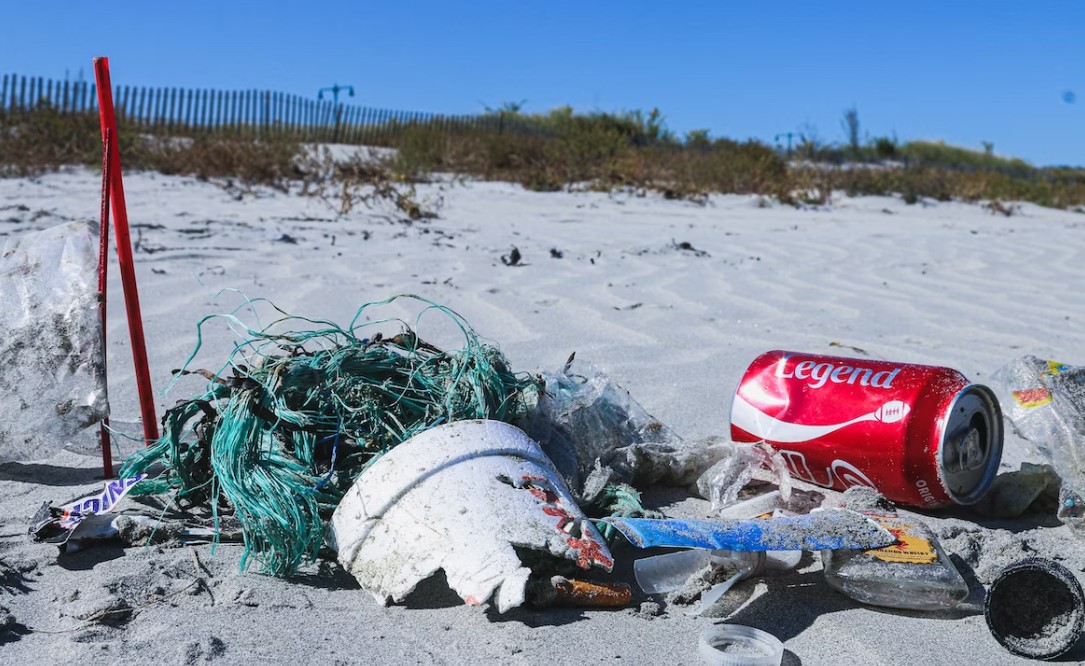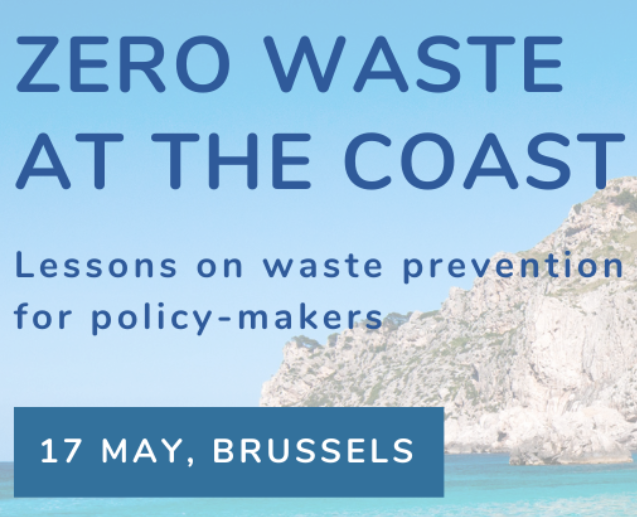The project meeting focused on zero waste at the coast and the lessons on waste prevention for policy-makers. The occasion to present some of the best practice initiatives on waste prevention implemented by coastal municipalities and regions involved in the CAPonLITTER project.
Isabelle Poitou, representing PP7-France and director of the MerTerre Association, presented the Zéro Déchet Sauvage participatory science platform developed by MerTerre. This platform makes it possible to collect and centralize a large quantity of data on litter across the whole national territory, and to federate a network of stakeholders involved in the fight against littering. This platform represents a best practice, designed to be used by coastal communities to tackle diffuse abandoned waste on their territories.
The regional action plan for France is divided into three areas, all of which are part of the "Zero Plastic Waste by 2030" policy change:
- Waste prevention and reduction in cafés, hotels and restaurants
- Waste prevention and reduction among athletes
- Raising consumer awareness of waste prevention
With regard to the progress of the action plan, the Southern Region has financed various actions that have contributed to the progress of these three axes.
To support cafés, hotels and restaurants, the Southern Region helped finance a guide produced by the BeMED (Beyond Plastic Med) association, "Towards a hotel with zero single-use plastic". In addition to this guide, the association has designed a complementary support package for these hotels.
The Southern Region has also supported the "Committed shop owners for 0 waste beaches" project, piloted in the region by the CPIE Atelier bleu Côte Provençale. In 2022, 62 businesses in the Marseille-Provence area have been awarded the label, and have committed to reducing, reusing and sorting their waste, while sharing best practices.
Secondly, to reduce and prevent waste at sporting events, the Southern Region has helped finance "Sea trekking" expeditions along the coast, developed by the Watch the sea association. The aim of these expeditions is to raise participants' awareness to protect marine environments, through an experience of reconnecting with nature.
To raise consumer awareness of waste prevention, the Southern Region organized a major waste collection operation on April 15, "Cleaning the South", involving local authorities and residents. Finally, it has also provided financial support for awareness-raising operations designed to promote the circular economy and raise public awareness, notably by sharing best practices to be implemented on an individual scale.
